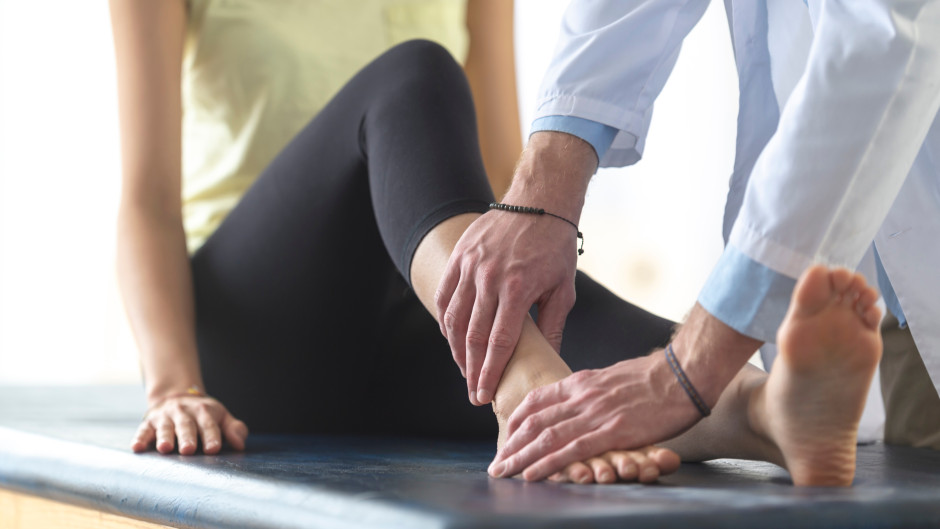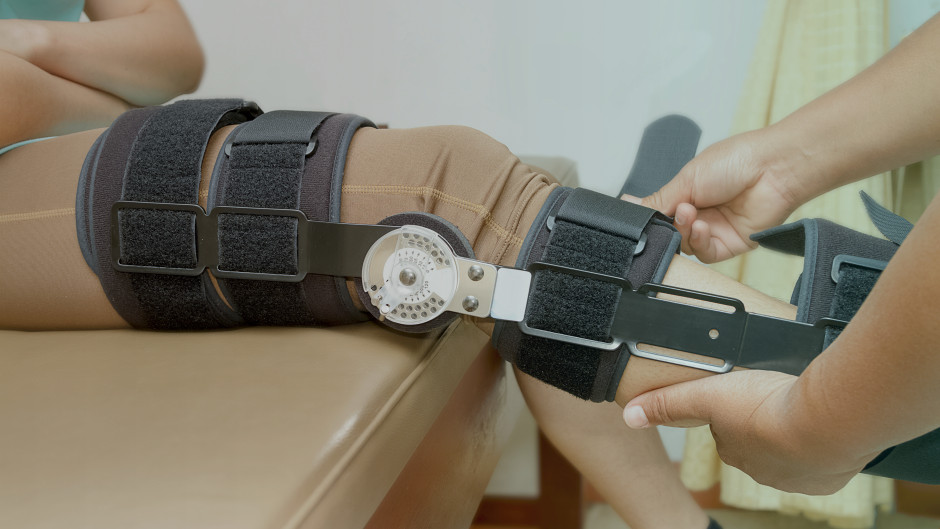Rehabilitation Practice Patterns Following Anterior Cruciate Ligament Reconstruction: A Survey of Physical Therapists.
Rehabilitation Practice Patterns Following Anterior Cruciate Ligament Reconstruction: A Survey of Physical Therapists. Greenberg et al (2018) JOSPT.
AIM:
To analyze the current landscape of clinical practice as it pertains to rehabilitation progression and the use of time and objective criteria in rehabilitation following ACLR.
METHOD:
1074 Physiotherapist' completed a survey consisting of 6 sections:
1) Clinician demographics and clinical practice information.
2) Clinical decisions related to jogging.
3) Clinical decisions related to modified sports activity (e.g. agilities, sports-specific drills/skills).
4) Return to unrestricted sports.
5) Use of injury prevention programs.
6) Use of functional bracing upon return to sports.
RESULTS:
1) 72.7% of therapists supervised rehab until months 4-8, with only 11.2% of therapist taking rehab up to 12 months.
2) 56% used manual muscle testing as their only means of strength testing.
3) 89% used the single leg hop test to measure when to begin modified sports activity.
4)The lateral step down test (60.8%), Y Balance or Star Excursion Balance Tests (YBT/SEBT) at 55.6% and the FMS at 31.4% were the most frequently cited functional tests utilized to initiate jogging.
5) 60% of therapists reported demanding >90% to initiate modified sporting activities.
6) 9.7% of therapist used a fear or athlete confidence questionnaires.
CLINICAL IMPLICATIONS:
There still seems to be a large variation in how ACL are treated. Some of the more alarming findings are the 56% of therapist used only an MMT to test strength. Considering the evidence to show poor sensitively with MMT, therapists' need to be better at measuring strength. Especially when the quad index is largely correlated to re-injury and movement impairments.
As Physiotherapists, we are in the service industry and our aim should always be customer satisfaction. When only 9.7% therapists use a patient rated scale/questionnaire, it's a direct maker of us not delivering the best care and understanding our patients' concerns.
About the authors:
Adrian and Colin are Physiotherapist from Sydney (Australia) and Vancouver (Canada) respectively. Educating and sharing research was a passion of their even since studying Physiotherapy at University together. They continued to develop and challenge their thoughts and judgments whilst working in Private practice sector in Sydney.
Following Colin’s return his homeland of Canada. Adrian and Colin decided to kick-start an initiative to help new graduate Physiotherapists.
The Freshman Physio page HERE aims to Empower new graduate clinicians with an evolving way of reasoning and bridge the gap from University to practice. With the primary goal of “Creating Better Clinicians."
Do you also believe that we as therapists need to keep improving and become modern day physiotherapists who can apply the biopsychosocial model better into practice?
The best place to keep learning and enhance your knowledge is Trust me-ED, "The Netflix for Physiotherapists". Here you can learn from the best teachers in our profession who share their knowledge in high quality lectures and online courses for the cost of three beers per month.
Does this also sound good to you?
Then you can subscribe today and watch all the great lectures whenever you want, wherever you want:



